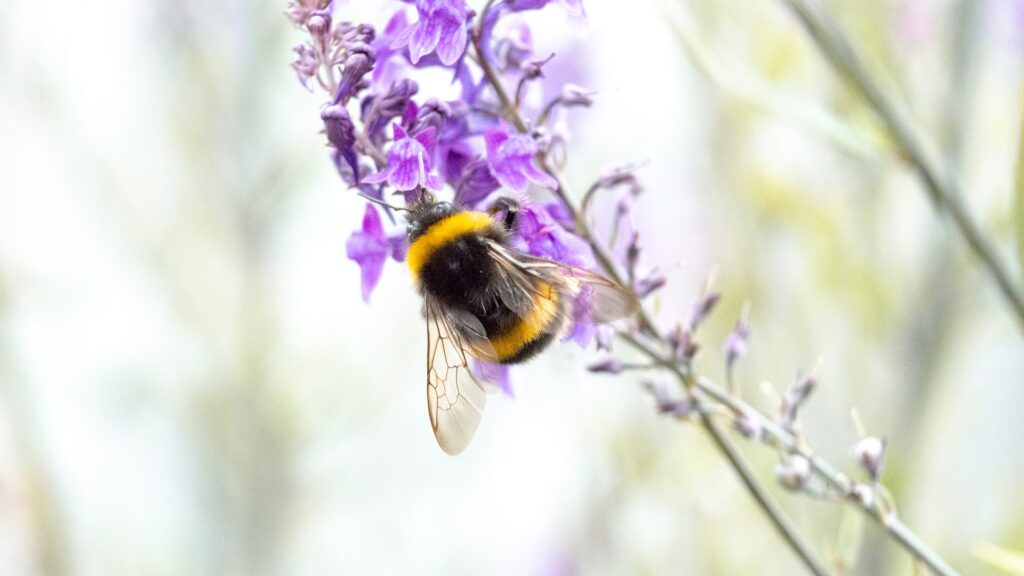Living a sustainable lifestyle has become increasingly important in today’s world. With the growing concern for climate change and the depletion of natural resources, it is essential that we all do our part to create a greener future. In this comprehensive guide, we will explore simple steps you can take to embrace sustainable living and minimize your environmental impact.
1. Reduce, Reuse, Recycle: The three R’s should be your mantra when it comes to waste management. By reducing your consumption, reusing items whenever possible, and properly recycling, you can significantly decrease your carbon footprint. Incorporate composting into your routine to further reduce waste and create nutrient-rich soil.
2. Energy Efficiency: Take steps to make your home more energy-efficient. Install energy-saving light bulbs, turn off lights and appliances when not in use, and insulate your home properly to reduce heating and cooling costs. Consider investing in renewable energy sources such as solar panels to power your home sustainably.
3. Mindful Consumption: Opt for eco-friendly products that use sustainable materials and have minimal packaging. Support local businesses and farmers who prioritize sustainability. Embrace a minimalist lifestyle by buying only what you need and choosing durable, long-lasting products.
4. Sustainable Fashion: Fast fashion contributes to pollution and unethical labor practices. Consider investing in ethically-made, eco-friendly clothing made with organic or recycled materials. Embrace secondhand shopping or participate in clothing swaps to reduce textile waste.
5. Conscious Eating: Incorporate sustainable food practices into your daily life. Choose locally sourced, organic produce to minimize transportation emissions and support local farmers. Reduce your consumption of meat and dairy products, as livestock farming is a significant contributor to greenhouse gas emissions. Embrace plant-based meals or participate in meatless Mondays to promote sustainable eating habits.
6. Transportation: Reduce your reliance on fossil fuels by opting for alternative modes of transportation. Walk or bike whenever possible, use public transportation, or carpool with friends and coworkers. Consider investing in an electric vehicle or hybrid car for a cleaner commute.
7. Gardening: Start your own organic garden to grow your own fruits, vegetables, and herbs. Embrace permaculture principles to create a self-sustaining ecosystem in your backyard. Compost kitchen scraps and use natural pest control methods to minimize the use of harmful chemicals.
By incorporating these sustainable practices into your daily life, you can make a significant impact on the environment and pave the way towards a greener future. Start small and gradually incorporate more sustainable habits into your routine. Remember, every individual action matters when it comes to building a sustainable world for future generations.
Category: Environmental Sustainability

